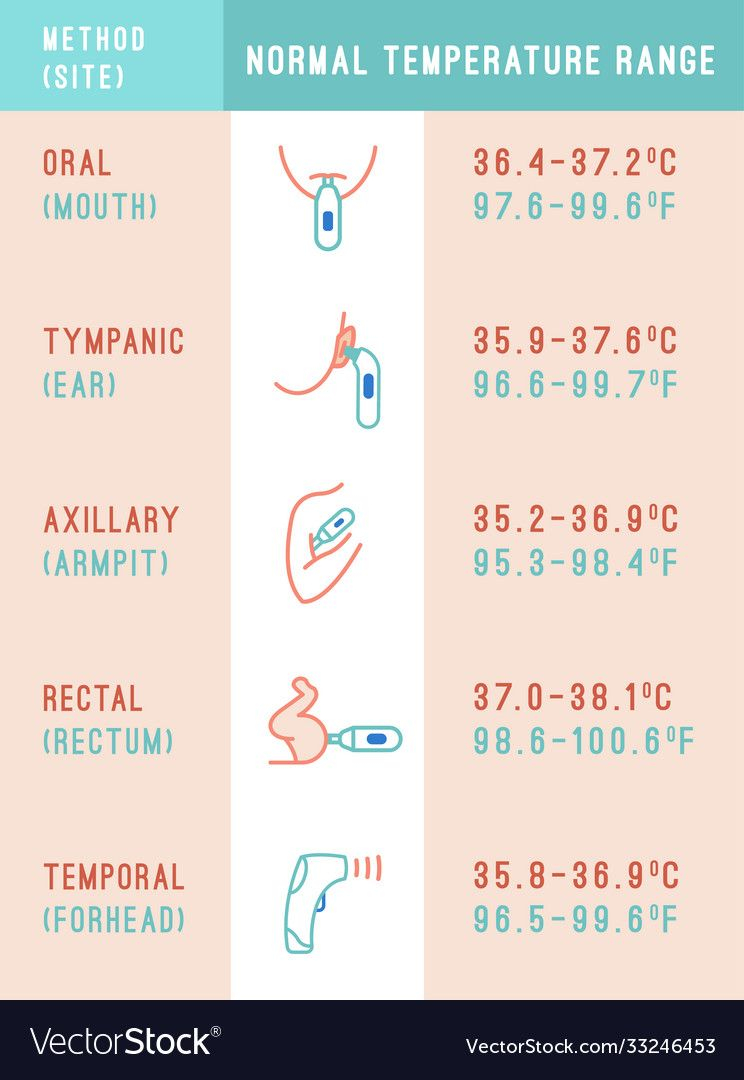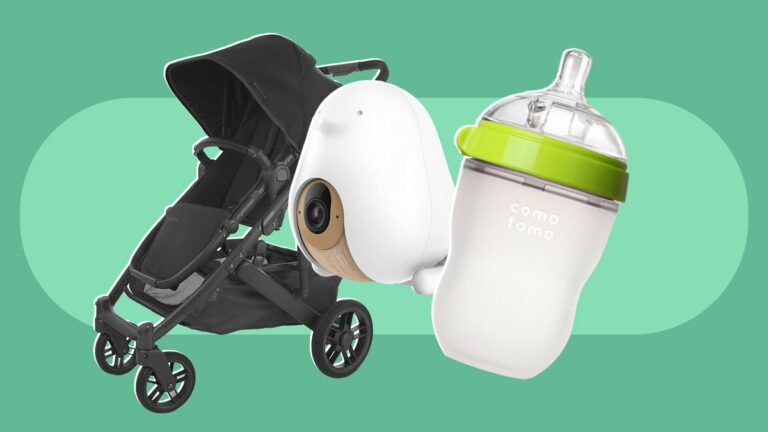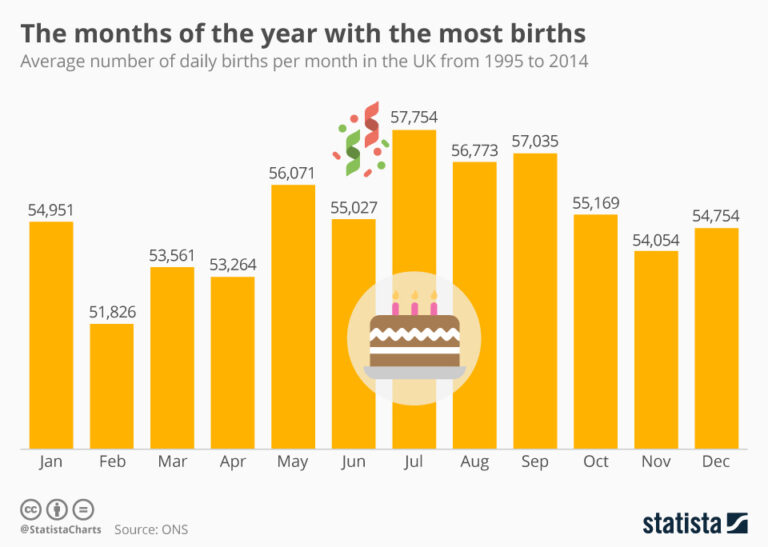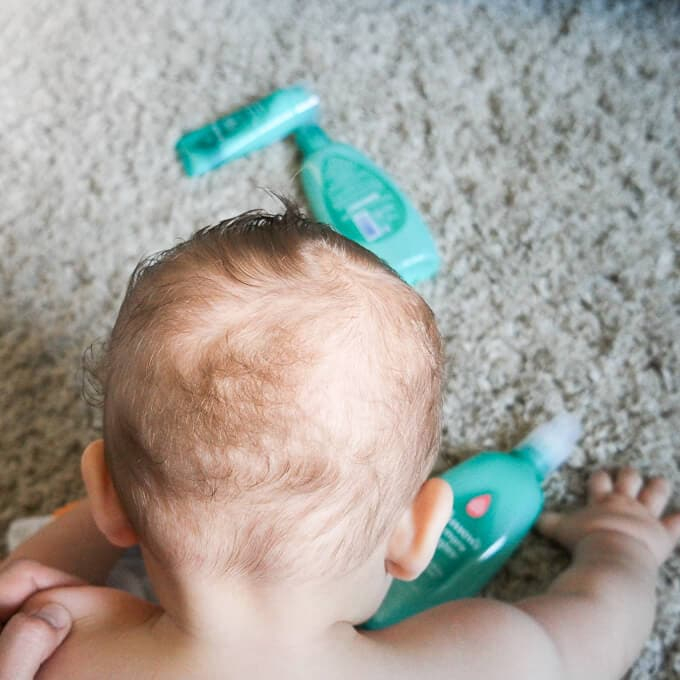Can Newborns Have Nightmares: Unraveling the Enigma of Infant Sleep
The world of newborns is shrouded in mystery and wonder, and their sleep patterns are no exception. As we delve into the realm of infant slumber, we uncover intriguing questions that challenge our understanding of the sleeping mind. One such enigma is the question of whether newborns experience nightmares, a phenomenon that plagues adults and older children.
In this exploration, we will embark on a journey through the intricacies of newborn sleep, examining the unique characteristics that set it apart from the sleep of older individuals. We will delve into the nature of nightmares, their causes, and prevalence. Ultimately, we will unravel the fascinating mystery surrounding the question of whether newborns have nightmares.
Can Newborns Have Nightmares?
:max_bytes(150000):strip_icc()/what-to-do-about-infant-night-terrors-4174298-5bb7c98c46e0fb0026e0e376.png?w=700)
Babies are known for their peaceful sleep, but can they experience nightmares? While newborns don’t have the same kind of dreams as older children and adults, they can still have periods of fussiness and crying that may be related to nightmares.
What Are Nightmares?
Nightmares are vivid, frightening dreams that can cause feelings of fear, anxiety, and distress. They often occur during the REM (rapid eye movement) stage of sleep, when the brain is most active.
Can Newborns Have Nightmares?
Newborns don’t experience nightmares in the same way that older children and adults do. Their brains are still developing, and they don’t have the same capacity for complex thought and emotion.
However, newborns can experience periods of fussiness and crying that may be related to nightmares. These periods may be caused by a variety of factors, including:
- Hunger
- Wet or dirty diaper
- Gas pain
- Colic
- Overstimulation
- Teething
If your newborn is experiencing periods of fussiness and crying, it’s important to rule out any physical causes. Once you’ve ruled out any medical problems, you can try to comfort your baby by:
- Swaddling them
- Rocking them
- Singing to them
- Talking to them
- Giving them a warm bath
If your baby’s fussiness and crying persist, talk to your doctor. They may be able to recommend other ways to help your baby sleep more peacefully.
Helpful Answers
Do newborns experience any form of sleep disturbances?
Yes, while nightmares are not typically observed in newborns, they may experience other sleep disturbances such as colic, sleep apnea, and night terrors.
Why is REM sleep important for newborns?
REM sleep, characterized by rapid eye movements, is crucial for brain development and memory consolidation in newborns.
What are some tips for promoting healthy sleep habits in newborns?
Establishing a regular sleep schedule, creating a calming bedtime routine, and ensuring a comfortable sleep environment can promote healthy sleep habits in newborns.





